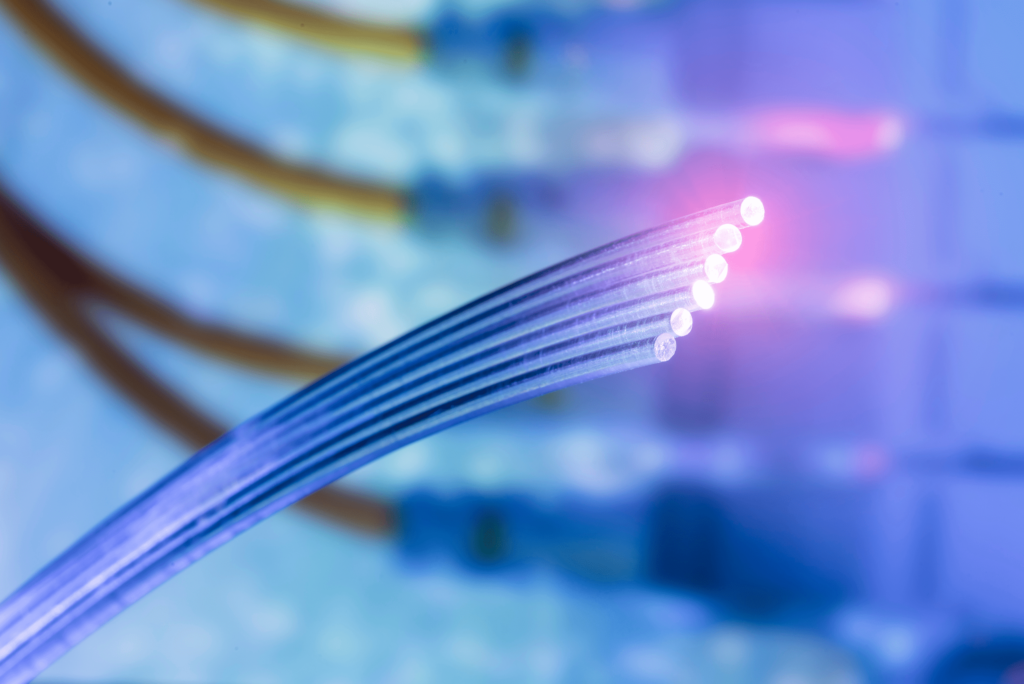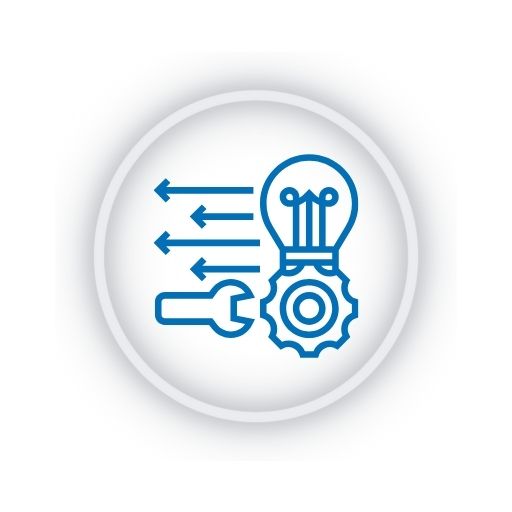Fiber Installation & Troubleshooting

"Illuminating the Future: The Wonders of Fiber Optic Technology"
Fiber optics is a technology that uses thin strands of glass or plastic fibers to transmit data as pulses of light. This technology has revolutionized telecommunications and data transmission due to its numerous advantages over traditional copper-based cabling systems.
"Fiber Installation: Building the Backbone of High-Speed Networks"
Fiber installation, or fiber optic installation, refers to the process of deploying fiber optic cables and associated equipment to establish high-speed and reliable data communication networks.
Types of Fiber Installation:
Long-Haul Fiber Networks: These installations involve laying fiber optic cables over long distances, often between cities or across continents. Long-haul fiber networks form the backbone of global telecommunications, supporting high-speed internet, long-distance calls, and data transmission.
Metro and Local Area Networks (LANs): In urban and suburban areas, fiber optic cables are installed to create high-capacity networks for businesses, schools, hospitals, and government facilities. These networks provide fast internet access, interconnect data centers, and support various services like video conferencing and cloud computing.
Fiber to the Home (FTTH): FTTH installations involve running fiber optic cables directly to residential homes. This provides households with ultra-fast internet access, high-definition television, and voice services. FTTH is becoming more common as demand for high-speed internet grows.

“Experience the Future of Connectivity! Invest in Fiber Installation Today for Lightning-Fast Internet and Seamless Data Transfer.

Advantages of Fiber Installation:
High Speed: Fiber optic cables can transmit data at near-light speed, providing significantly faster internet and data transfer rates compared to traditional copper cables.
Reliability: Fiber optics is immune to electromagnetic interference and is less prone to signal loss over long distances. This results in a highly reliable and stable network.
Scalability: Fiber networks can easily accommodate increasing data demands by adding more fibers or upgrading equipment.
Security: Fiber cables are difficult to tap into without detection, making them more secure for data transmission.




